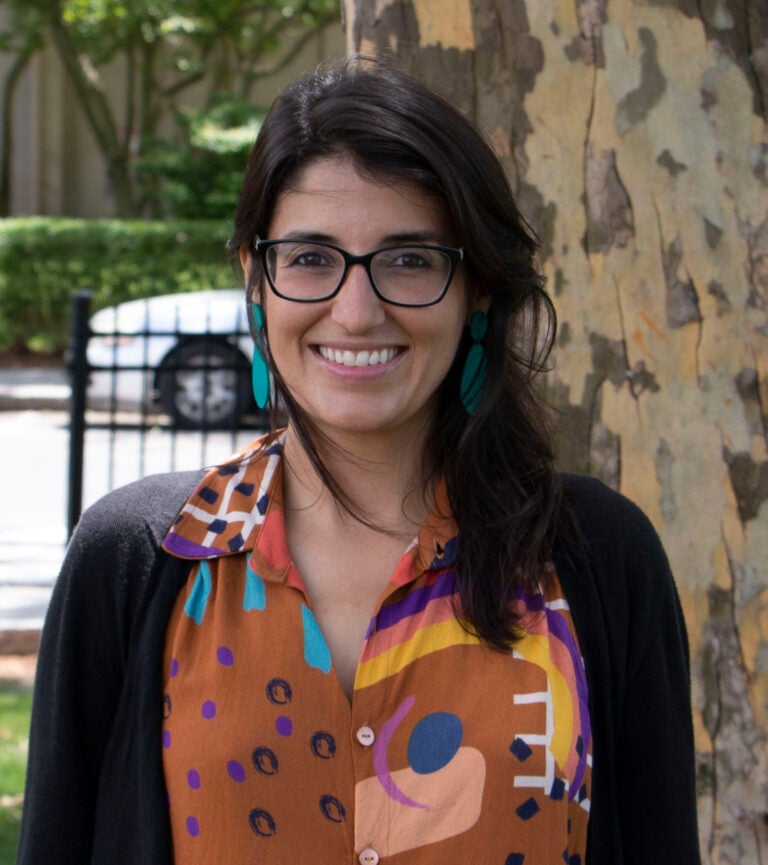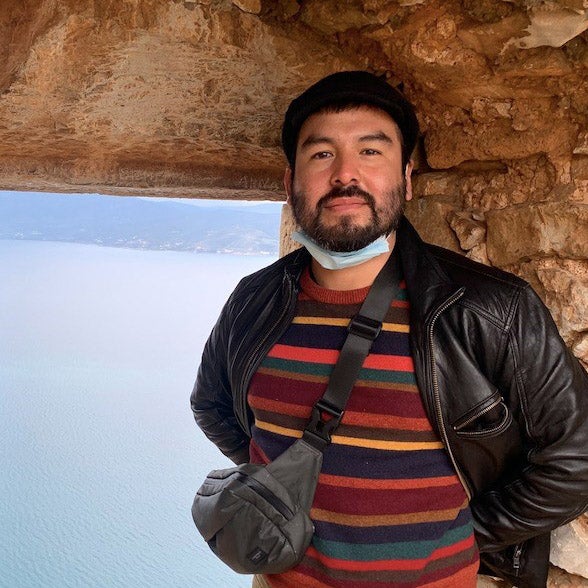Luísa Reis Castro is a 2021-23 postdoctoral fellow in the University of Southern California’s Society of Fellows in the Humanities, hosted by USC’s Anthropology Department and affiliated with the USC Dornsife Center on Science, Technology and Public Life. She holds a Ph.D. in History; Anthropology; Science, Technology, and Society from the Massachusetts Institute of Technology. Drawing on her interdisciplinary training, Reis-Castro examines human-nonhuman relations at the interface of science, health, and the environment in an interdependent, unequal world ever more affected by human activity.
Her book manuscript, Vectors of Health: Epidemic Futures, Racialized Ecologies, and the Reinvention of Mosquito Science in Brazil, argues that mosquitoes and their enrollment in various scientific and health campaigns can be understood as materializing a racialized politics of the Brazilian nation. Findings are based on multi-methods research, including two years of multi-sited fieldwork in Brazil with research groups that, rather than fight against the Aedes aegypti, work to harness the mosquito to tackle the pathogens it is known to transmit (Zika, dengue, chikungunya, and yellow fever). Since the ongoing planetary climate transformations have enabled the Aedes aegypti to expand its geographical range, Brazil-based research is regarded as particularly relevant because the country is seen as a harbinger of future epidemics still to come. Therefore, Vectors of Health traces the politics and significance of the reshaping of Brazilian ecologies in the reinvention of mosquito science. This research was funded by the Wenner-Gren Foundation, the National Science Foundation, and the Social Science Research Council, as well as the MIT Martin Family Society of Fellows for Sustainability and the MIT Center for International Studies.
Reis-Castro’s interdisciplinary scholarship has received multiple awards. Her dissertation won Best Dissertation in the Social Sciences – Honorable Mention from the Brazil Section of the Latin American Studies Association, and different chapters received awards from the American Anthropological Association (from the Society for Latin American and Caribbean Anthropology and the special interest group Critical Anthropology for Global Health, Society for Medical Anthropology) and the History of Science Society (Forum for the History of Health, Medicine and Life Sciences).
Her article “Becoming Without: Making Transgenic Mosquitoes and Disease Control in Brazil,” published in Environmental Humanities, was awarded the 2020 Rappaport Student Paper Award from the Anthropology and Environment Society of the American Anthropological Association; the 2021 Jane Goodall Award for Distinguished Graduate Student Scholarship from the Animals and Society Section of American Sociological Association; and the 2022 Sérgio Buarque de Holanda Prize for Best Article in the Social Sciences from the Brazil Section of the Latin American Studies Association.
Eduardo Romero Dianderas is the 2022-23 Mellon Sawyer Postdoctoral Fellow in the Politics of Environmental Knowledge. Peruvian anthropologist specializing in the study of media technologies, technical infrastructures and rainforest governance in Peruvian Amazonia. He is currently completing his PhD in the Department of Anthropology at Columbia University. In his dissertation, Calculating Amazonia, he examines how various kinds of technocratic abstractions such as lines, polygons and volumes are stabilized to produce technical information about tropical rainforests, and the effects such abstractions have on how rainforests come to be experienced, known and governed today in the context of climate change and biodiversity loss. Eduardo’s research has been funded by the Wenner-Gren Foundation, the Social Science Research Council, the NSF’s Cultural Anthropology Program, and the Explorer’s Club.

